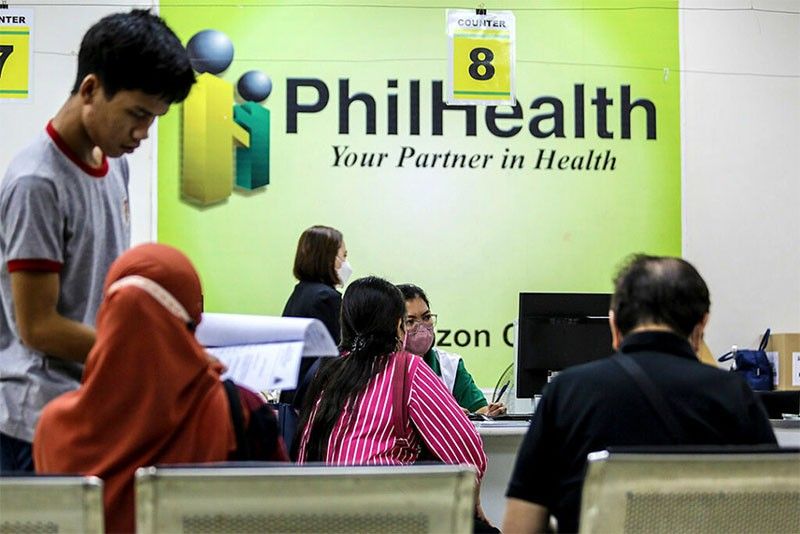DOF defends utilization of PhilHealth P89.9 billion funds

MANILA, Philippines — Utilizing excess funds of state-run corporations is a more prudent fiscal option for the government than borrowing, the Department of Finance (DOF) said in defense of its move to ask agencies to remit unused subsidies.
Health advocates and budget watchdogs are pushing for a probe of the DOF’s directive to the Philippine Health Insurance Corp. (PhilHealth) to remit unused subsidies worth P89.9 billion to the Bureau of the Treasury.
In a statement, Finance Secretary Ralph Recto said the government cannot afford to let government-owned and controlled corporations (GOCCs) have excess money and just keep it idle, as such funds could be used instead for public investment.
“Hibernating funds can help the nation without harming government corporations. This way, the government does not have to inflict additional taxes, increase our debt and put pressure on our deficit,” Recto said.
Recto argued that such a move will not affect the viability of PhilHealth or impair its delivery of services.
Even with the remittance contribution, Recto said PhilHealth is left with a P500-billion benefit chest, which can fund multiple-year claims.
“Remittances to fund urgent national projects do not come from their member contributions but from a fraction of billions in unutilized national government subsidies,” Recto said.
Based on the DOF circular, guidelines have been issued to implement the collection of unprogrammed appropriations which are sourced from balances of GOCCs.
Unprogrammed appropriations provide standby authority to incur additional agency obligations for priority programs or projects when revenue collection exceeds targets or when additional grants or foreign funds are generated.
The DOF maintained that the move complies with all laws, specifically the General Appropriations Act of 2024, which imposed appropriations in excess of what the executive branch had originally proposed.
In the case of PhilHealth, Recto said unused government subsidies are not part of its reserve funds, nor can be considered income that is being restricted by the Universal Health Care Act to be used by the national government as a general fund.
He noted that this was made in observance of legal measures spelled out by the Office of the Government Corporate Counsel.
The return of unused and excess funds was likewise approved by the PhilHealth’s board.
Latest data from the Department of Budget and Management showed that the government recorded P175.02 billion in other releases as of June, 79 percent or P138.55 billion of which went to unprogrammed appropriations.
Of the unprogrammed funds, P105.66 billion was earmarked to support the foreign-assisted projects of the departments of Agriculture, Finance, Health, Public Works and Highways, Social Welfare and Development, Labor and Employment and Transportation.
These include the Metro Manila Subway project, the North-South Commuter Railway System and the PNR South Long Haul Project, among other big-ticket infrastructure projects.
Also covered are the Support to Parcelization of Lands for Individual Titling project and the Philippine Fisheries and Coastal Resiliency project.
Other programs that the government has committed to meet are the Philippine Multi-Sectoral Nutrition project, Supporting Innovation in the Philippine Technical and Vocational Education and Training System, the Mindanao Inclusive Agriculture Development project and the Philippine Rural Development Project.
They will also be utilized to support the community-based monitoring system of the Philippine Statistics Authority and the Comprehensive Automotive Resurgence Strategy program of the Department of Trade and Industry.
Another P10.77 billion served as the government counterpart for foreign-assisted projects of the DPWH. There was also a P10.16-billion budgetary support for state-run firms, particularly the National Food Authority and the Light Rail Transit Authority.
Some P6 billion was released to DPWH for the maintenance, repair and rehabilitation of infrastructure facilities of national roads, P2.84 billion for its Panay-Guimaras-Negros Island Bridges project and P1.68 billion for its right-of-way payments.
The remaining P1.44 billion was for the National Economic and Development Authority’s infrastructure assistance.
- Latest
- Trending
































